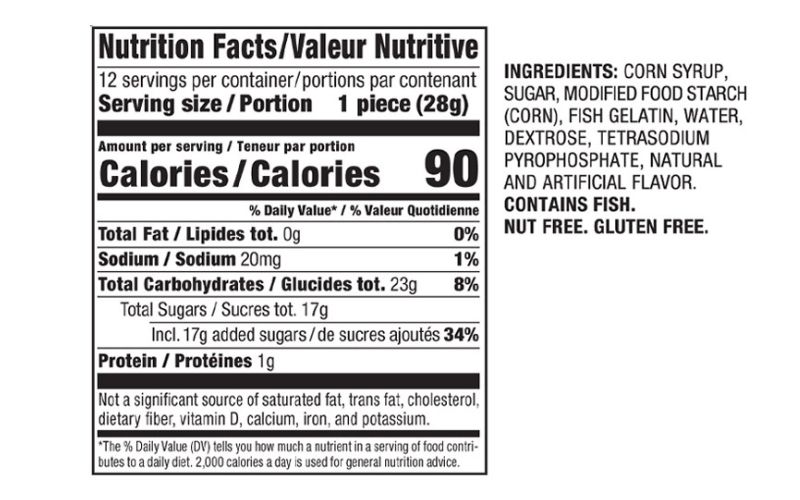Marshmallows are a type of confectionery that is primarily made from sugar, corn syrup, gelatin, and water. marshmallows come in a variety of colours and flavours, but the most common marshmallow is white.
They are a popular snack but are they suitable for dogs to eat?
While most marshmallows are not toxic to dogs you really shouldn’t give them to your pet. They contain high levels of sugar, syrups, flavourings and other high calorie ingredients that provide no nutritional value and could cause your dog to gain weight and develop other health problems.
Can dogs eat marshmallows?
The answer to this question is yes and no.
While marshmallows are not poisonous to dogs, they are not particularly good for them either.
This is because marshmallows are very high in sugar and can cause your dog to have an upset stomach or diarrhea.
In addition, marshmallows can be a choking hazard for dogs if they try to eat them whole.
Some marshmallows contain artificial sweeteners such as Xylitol which is toxic to dogs and can be extremely harmful, even in small amounts.
Marshmallows will provide your dog with no benefits at all and it’s best to avoid feeding them.
Do marshmallows have any nutritional value for dogs?
No, marshmallows are not a good source of nutrition for dogs, or, for that matter, any other species.
As mentioned above, marshmallows are high in sugar and other unhealthy ingredients that can cause weight gain and other health problems in dogs.
The nutrition facts of a typical marshmallow are below.
They contain a mixture of sugar, corn syrup, gelatin, flavourings and other ingredients.

In this example a single marshmallow weighs in at 28g and contains a total of 90 calories.
27g of the total weight are taken from sugars which provide the basis of the calorific value of this marshmallow.
This really shows just how unhealthy these treats are and that they offer no benefits to humans, never mind dogs.
What are the risks of feeding marshmallows to dogs?
As we’ve seen, marshmallows are high in sugar and other unhealthy ingredients.
For this reason, they can pose a number of health risks to dogs if they are consumed on a regular basis.
Some of the potential health problems that marshmallows can cause in dogs include:
Obesity
Tooth decay
Diarrhea
Vomiting
Gastrointestinal obstruction (if swallowed whole)
As you can see, there are a number of serious health risks associated with feeding marshmallows to dogs.
For this reason, it is best to avoid giving them to your pet altogether.
If your dog ingests marshmallows, they may experience stomach upset, vomiting, lack of appetite and diarrhea.
If your dog eats marshmallows that contain Xylitol then he could also experience seizures and poor co-ordination.
If your dog has consumed a large amount of marshmallows or if they are showing signs of distress, contact your veterinarian immediately.
What are some healthier alternatives to marshmallows?
If you’re looking for a healthy treat for your dog, there are plenty of alternative options available.
Some healthy treats that you could give to your dog instead of marshmallows include:
Fresh fruits and vegetables
Cooked lean meats
Natural peanut butter
Plain yogurt
These are just a few examples of healthy treats that you can give to your dog instead of marshmallows.
There are plenty of other options available too, so take some time to research what would be best for your pet.
Remember, it’s important to consult with your veterinarian before making any changes to your dog’s diet.
They will be able to advise you on what is best for your pet based on their individual needs.
What should I do if my dog ate marshmallows
If you know that the marshmallows contained Xylitol then you should contact your vet straightaway.
Even a small quantity of Xylitol can be fatal to a dog, so don’t delay.
You should also consider talking to your vet if your dog eats a quantity of sugar based marshmallows as these too, can be problematic for your dog.
Sugary foods are always bad for dogs and things such as marshmallows should be kept well out of the reach of your pet.

Final Words
Marshmallows are not a good treat for dogs and can cause a number of serious health problems.
If your dog has eaten marshmallows, contact your vet immediately, especially if the marshmallows contained Xylitol.
There are plenty of healthier alternatives to marshmallows that you can give to your dog as a treat. So there’s no need to worry about them missing out.
Remember, it’s always best to consult with your veterinarian before making any changes to your dog’s diet.
They will be able to advise you on what is best for your pet based on their individual needs.




